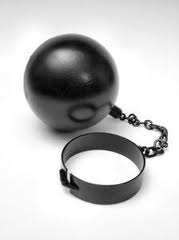 CA v Secretary of State for the Home Department [2010] EWHC 2278 (10 September 2010) – Read judgment
CA v Secretary of State for the Home Department [2010] EWHC 2278 (10 September 2010) – Read judgment
The High Court has ruled that a a control order which required the “controlee” to relocate and live at an address in Ipswich, away from his family in Crawley, was unlawful.
In Secretary of State for the Home Department v AP [2010] UKSC 24, the Supreme Court allowed the appeal of a man subject to a control order based on the argument that confinement to a flat 150 miles away from his family amounted to a breach of his human rights under Article 5 of the ECHR (right to liberty). The case of CA provides another example of the court striking down a relocation provision in a control order, and is the latest in a long series of court judgments which have chipped away at the controversial scheme.



